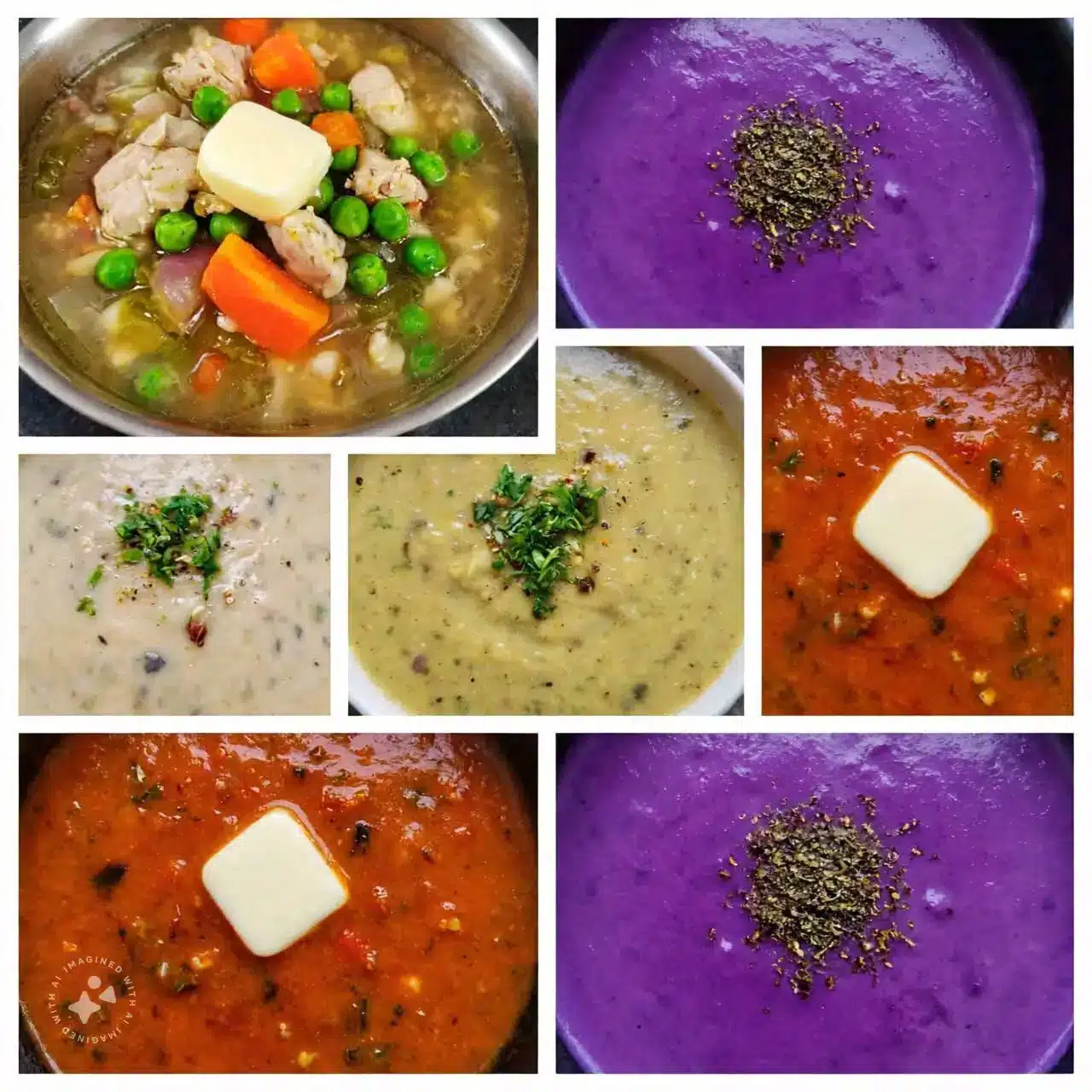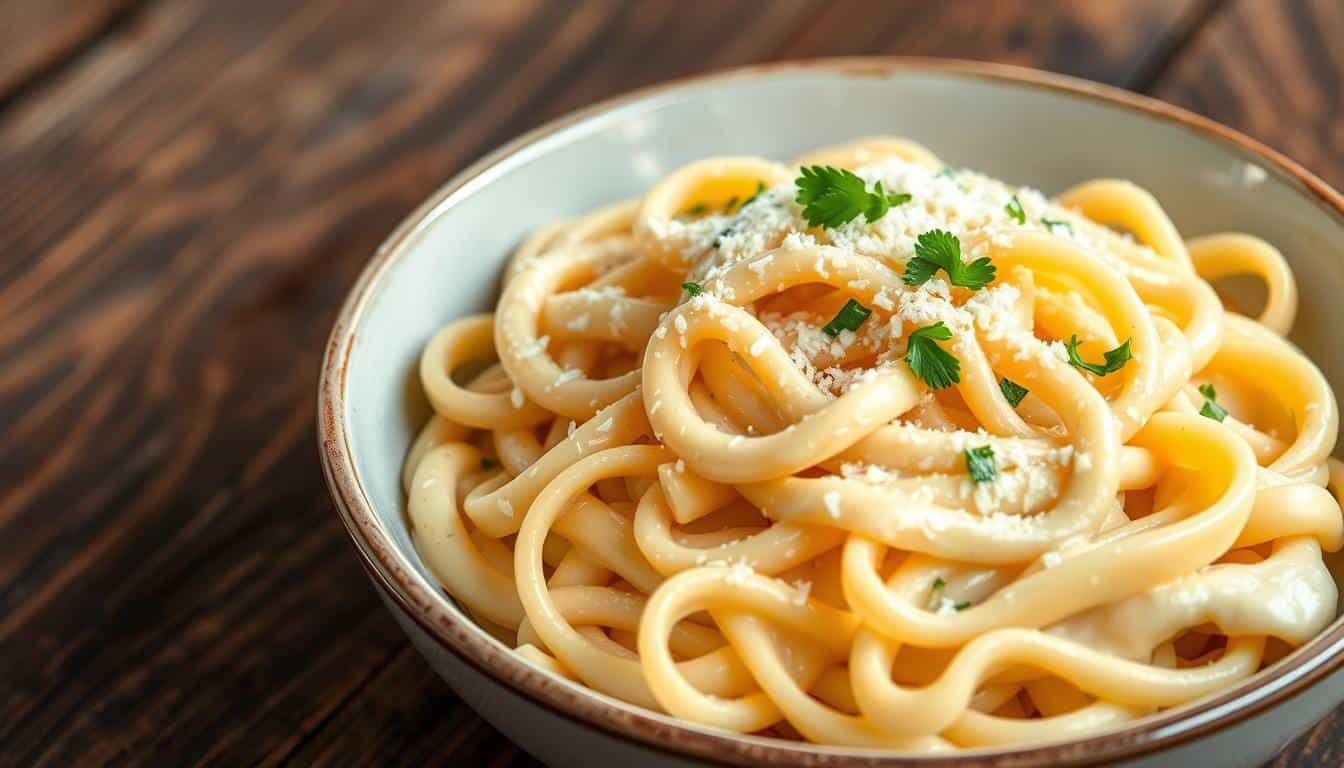Introduction to Perfect Soup Recipes
Soup is one of the oldest and simplest comfort foods, cherished across cultures worldwide. Moreover, it’s a versatile dish that can suit countless occasions. Whether you’re searching for a quick, nutritious meal or looking to explore new, delicious recipes, soup offers endless possibilities to satisfy your cravings. From hearty, protein-rich options to light, plant-based broths, there’s a soup for every palate and occasion.
In this comprehensive guide, we’ll explore essential tips for making the perfect soup, highlight various types of soups, and provide practical guidance on storage techniques to keep your creations fresh. Additionally, we’ll uncover the surprising health benefits of soup, showcasing why it’s an ideal choice for anyone aiming to eat healthier. So, let’s grab a spoon and dive into the flavorful world of soup!
Table of Contents
1. Tips for Choosing Ingredients for the Best Results
To craft the perfect soup, start with top-quality ingredients. Here are some essential tips:
Fresh Vegetables
Fresh, seasonal vegetables bring vibrant flavor and essential nutrients to your soup. In colder months, root vegetables like carrots, parsnips, and potatoes provide hearty flavors, while lighter options like tomatoes, zucchini, and peas shine in warmer seasons.
Proteins
Proteins are a key component of many soups. Bone-in cuts of beef or lamb, such as oxtail or short ribs, create rich, flavorful broths. For chicken soups, bone-in thighs or drumsticks work best. For plant-based options, beans, lentils, and tofu are excellent protein sources.
Spices
Spices elevate your soup’s flavor. Staples like thyme, garlic, and black pepper are must-haves, but don’t shy away from bold options like ginger, turmeric, or curry powder. These spices not only enhance flavor but also offer health benefits, such as anti-inflammatory properties.
Broth
The broth is the heart of any soup. Homemade broth delivers unmatched richness, but if you opt for store-bought, choose low-sodium varieties for better control over salt levels. Bone broths are especially nutritious, supporting joint health and overall wellness.
Finishing Touches
Fresh herbs like parsley or cilantro add a burst of freshness, while a squeeze of lemon or lime enhances flavor just before serving.
2. Types of Soup Recipes
Soups come in a wide variety, each offering unique flavors and benefits. Here are some popular types:
A. Meat-Based Soup Recipes
- Beef Chowder: A hearty soup featuring tender beef, potatoes, and a creamy base.
- Split Pea Soup with Smoked Meat: A comforting dish that combines split peas with the smoky richness of cured meats.
B. Chicken-Based Soup Recipes
- Chicken Noodle Soup: A timeless classic with tender chicken, noodles, and aromatic broth.
- Mexican Chicken Tortilla Soup: A zesty, spicy soup with shredded chicken, tomatoes, and crunchy tortilla strips.
C. Plant-Based and Vegetable Soup Recipes
- Lentil Vegetable Soup: A protein-packed option with hearty lentils and a variety of vegetables.
- Creamy Tomato Soup: Smooth and rich, perfect with a side of grilled cheese.
D. Seafood Soup Recipes
- Creamy Shrimp Soup: A luxurious soup with tender shrimp in a creamy broth.
- Seafood Chowder: A hearty mix of fresh seafood, potatoes, and vegetables.
3. How to Store Soups and Shelf Life
Proper storage ensures your soup retains its flavor and remains safe to eat.
A. Storage Tips
- Cool Quickly: Refrigerate soups within two hours to prevent bacteria growth. Use shallow containers for faster cooling.
- Use Airtight Containers: These help preserve freshness and prevent odor absorption.
- Freeze for Longevity: Soups freeze well and can be stored for up to three months. Avoid freezing creamy soups, as they may separate when thawed.
B. Shelf Life
- Refrigeration: Soups last 3-4 days in the fridge when stored in airtight containers.
- Freezing: Soups remain fresh in the freezer for up to three months.
4. Health Benefits of Soup Recipes
Soups are not only delicious but also offer numerous health benefits:
- Hydration: High water content in soups helps keep you hydrated, especially in colder months.
- Nutritional Balance: Soups provide a mix of proteins, vitamins, and minerals, making them a complete meal.
- Weight Management: Low-calorie soups are perfect for those watching their weight. They can also be tailored to suit gluten-free, dairy-free, or vegetarian diets.
- Immune Support: Classic chicken soup helps soothe colds and flu with its warming properties and hydrating broth.
- Digestive Ease: Light soups are easy to digest, making them ideal for those with sensitive stomachs.
5. Internal Links to Related Articles
- Chicken Soup Recipes:
Chicken Noodle Soup Recipe
Brussels Sprouts Chicken Soup - Plant-Based Soup Recipes:
Purple Black Bean Soup Recipe
5-Ingredient Taco Soup - Tips and Storage:
How to Properly Store Soup
Best Tips for Making Homemade Broth - Health Benefits:
How Soup Boosts the Immune System
What are the essential tips for making flavorful soup?
Use fresh, high-quality ingredients.
Simmer slowly to extract deep flavors.
Don’t skip seasoning—spices and herbs elevate the taste.
How can I store leftover soup properly?
Cool the soup quickly and store in airtight containers.
Refrigerate for up to 4 days or freeze for up to 3 months.
What’s the healthiest type of soup to include in my diet?
Broth-based soups with plenty of vegetables and lean proteins.
Lentil or bean soups for plant-based protein and fiber.
How can I thicken soup without cream or flour?
Blend some of the cooked vegetables or beans.
Add pureed potatoes, cooked rice, or lentils for a natural thickener.
Conclusion: Why Soup is a Comfort Food Classic
Soup is a versatile, nutritious, and comforting meal that suits any occasion. Whether you prefer rich, meat-based soups or light, plant-based options, there’s truly something for everyone. Furthermore, its health benefits—ranging from hydration to immune support—make it an excellent choice for maintaining a balanced diet.
So why not experiment with ingredients, try new recipes, and let each bowl of soup tell its own story? For even more inspiration, explore our site for recipes, tips, and creative ideas to elevate your cooking skills.
Finally, we’d love to hear from you! Let us know your favorite soup recipe in the comments below. Until then, happy cooking!








